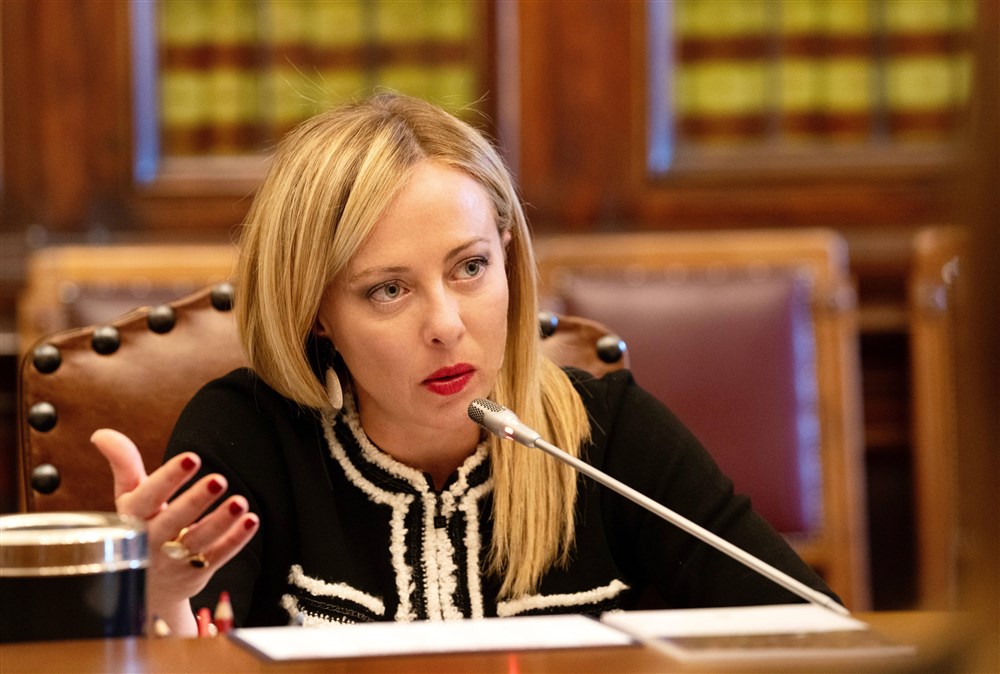Italy’s pasta prices soared at an annualised rate of 17.5 per cent between March and April, according to data by the Italian National Institute of Statistics – more than double the rate of consumer inflation.
Assoutenti, an Italian non-profit organisation for the protection of consumers, blamed the increase on profiteering pasta producers. The fact that the price of wheat has decreased has led many Italians to suspect that the pasta increases are not justified.
“Pasta is a primary food for the Italian diet. Increasing its price would be like raising the price of corn cob for Americans,” Assoutenti chairman Furio Truzzi said. A “pasta strike” or a more specific “spaghetti strike” could take place if prices do not come back down, he warned, as consumers will react to the law of supply and demand. Italians would “leave pasta on shelves”, said Truzzi. He predicted customers would “stop buying pasta for fifteen days”.
The increase was assessed by a special price-monitoring commission. Its head, Benedetto Mineo, promised there would soon be a “significant decrease” in the cost of pasta..
The commission noted that prices had since the hike begun to move in the right direction, if slowly. “They are already showing the first, even if small, improvement in prices,” added the ministry of industry.
The National Union of Consumers is however unsatisfied with the commission’s work: “Monitoring and observing the price changes is of little use if one cannot go after those responsible.” The Union’s president, Massimiliano Dona, hinted that speculators could be at work. While the price of wheat has decreased since 2021, the price of pasta has continued to rise, even while the prices of both electricity and gas have decreased.
Some blame the war in Ukraine for the increase in global wheat prices, arguing the retail price of pasta today reflects the cost of production from months ago. “Pasta on the shelves today was produced months ago when durum wheat [was] purchased at high prices and with energy costs at the peak of the crisis,” said Michele Crippa, an Italian professor of gastronomic science.
Italy’s right-wing government has said that it will monitor the situation. The minister for industry and the ‘Made in Italy’ brand, Adolfo Urso, said the ministry was “assessing all available options to avoid possible speculation.”





